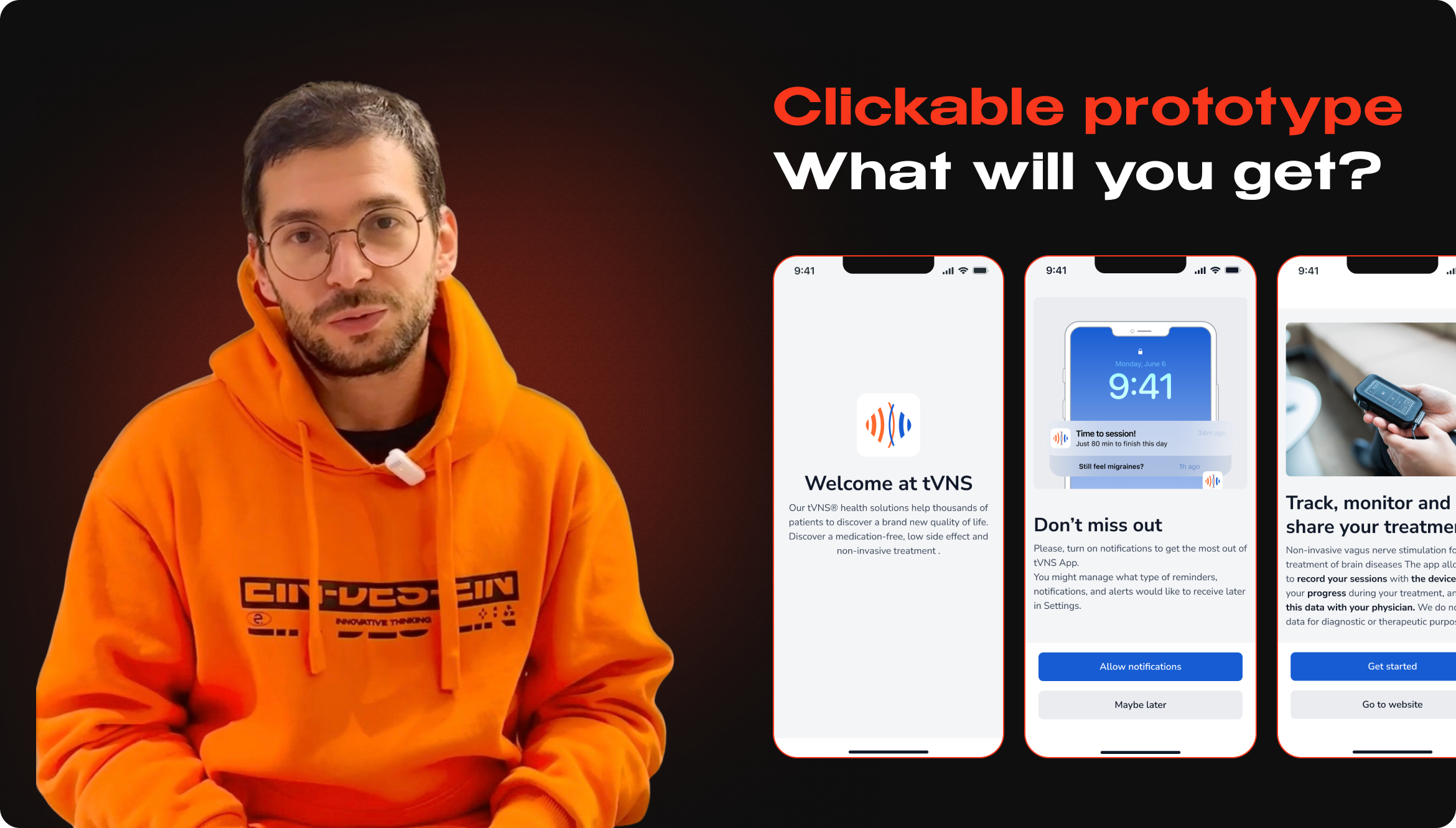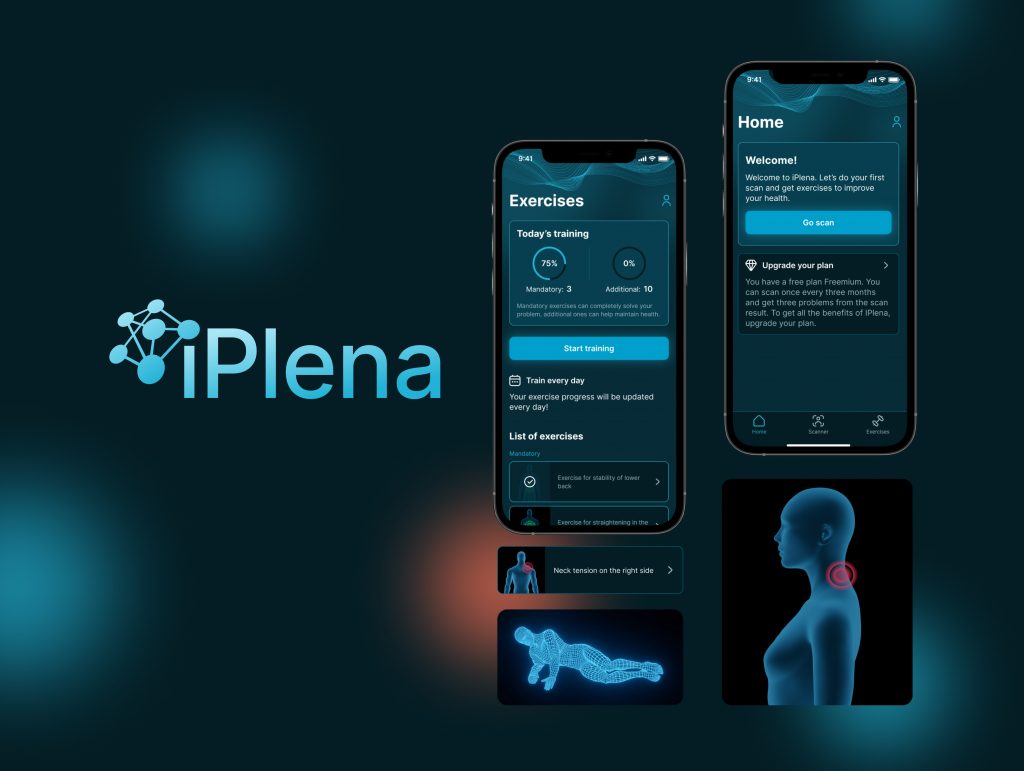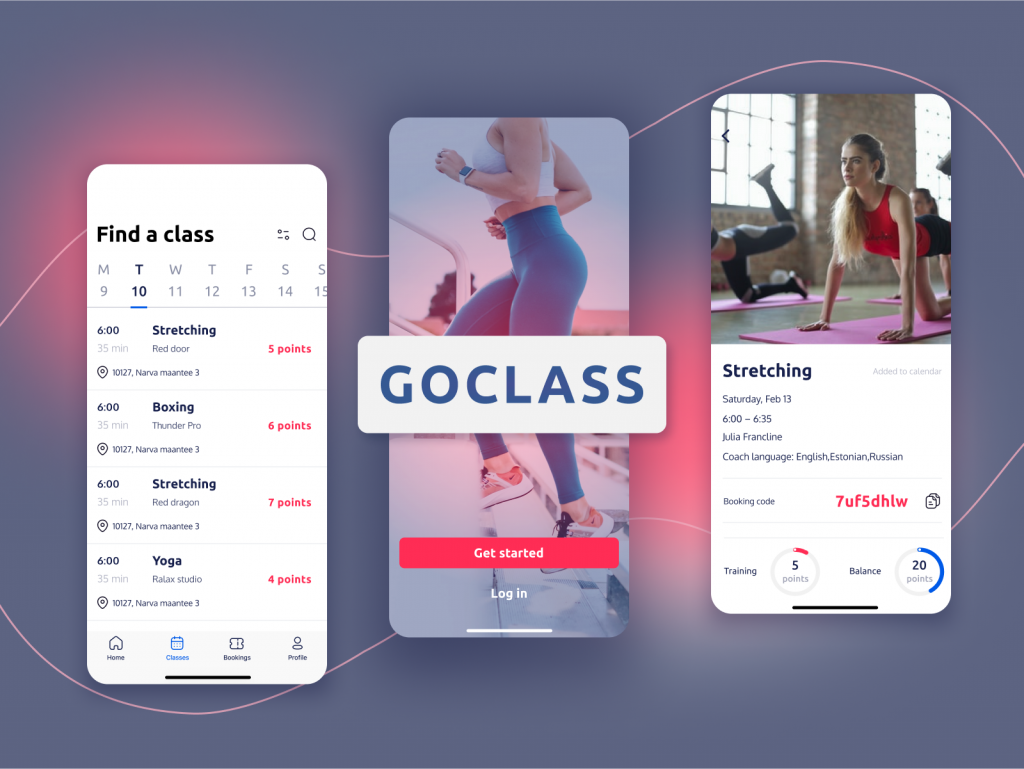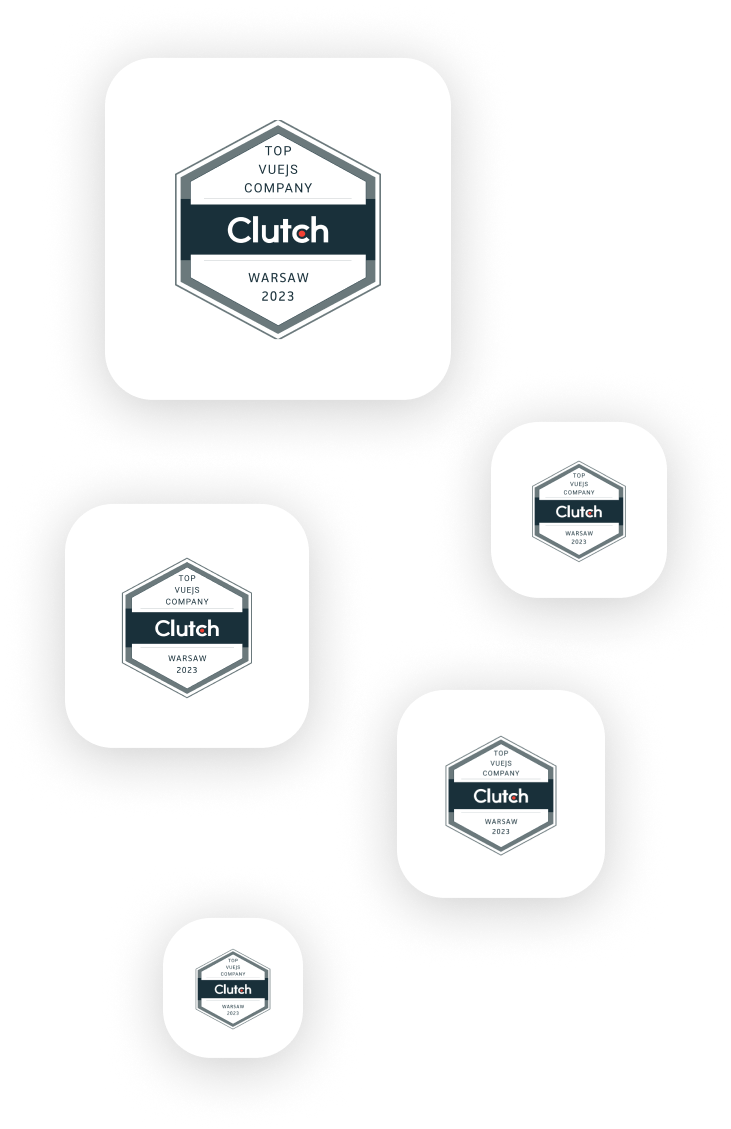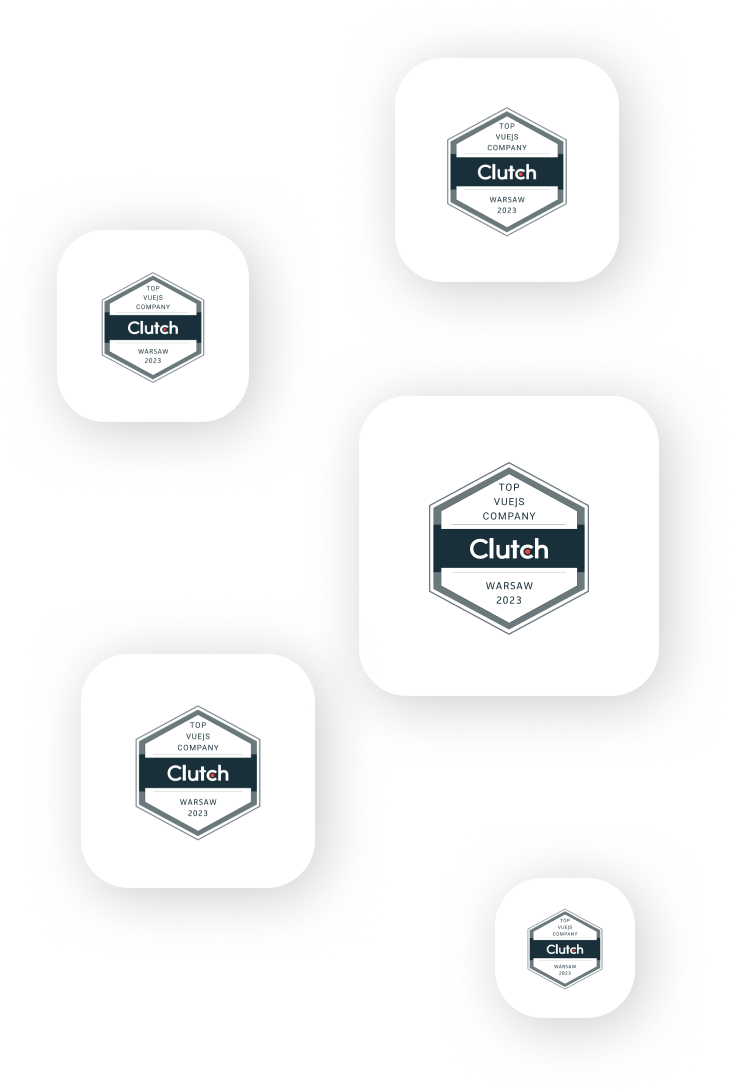Enterprise app development
In recent years, there has been a growing popularity of corporate platforms, with more companies adopting enterprise solutions to enhance their operations and competitiveness. Organizations that require scalable and reliable software infrastructure are seeking more flexible and expandable enterprise application development solutions. These companies span various industries, from insurance and healthcare to retail. A well-chosen and configured enterprise app development solution will help optimize the daily operations, depending on their specifics. Thus, companies usually require enterprise application development services when they want to streamline:
- Communication channel management
- Company asset modeling
- Business process visualization and automation
- Resource planning
- A suite of services for personnel management (recruitment, hiring, employee training)
- Analytics and statistics and other specific products.
Choosing the Right Solution for Your Company
When it comes to enterprise app development, it’s crucial to choose options that really fit your business. Consider the following factors:
- Business maturity and scale: Young companies may benefit from ready-made solutions to organize many processes, while large corporations usually require custom enterprise application development.
- Suitability for your tasks: If a program doesn’t meet all your needs, developing a custom solution is necessary.
- Ease of use: To determine usability, specialists recommend requesting a demo version from the developer.
- Product cost: Software for large businesses can be expensive. What is affordable for giants may not suit small and medium-sized businesses, but options do exist. Pricing plans depend on the number of modules, components, as well as the expertise of a enterprise application development company you plan to hire.
- Scalability: Choose programs that allow further development.
- Security: Choose programs that allow further development.
Enterprise programs create an environment conducive to productive work for your company’s employees within the IT framework.
So, advantages of Custom Enterprise Development obviously include scalability, customization options and omnichannel approach.
Enterprise Application Development Specifics and Trends
- Resistance to trends: Unlike consumer apps, enterprise app development is all about reliability. Corporate software must be proven, with new technologies adopted cautiously. Systems are developed for long-term use, requiring resilience to changes in technology and trends.
- Complex and dynamic business logic: This changes based on market and economic conditions, legislation, new business strategies, and owners’ vision.
- Reliability and fault tolerance: Business operations depend on uninterrupted system performance, thus requiring highly reliable software with mechanisms for quick recovery after failures.
- Complex deployment and support processes: Speaking about enterprise application development, deploying such systems involves multiple stages of testing, integration, and quality control to minimize errors. Long-term support and regular updates are necessary to keep the system current and secure.

Why It’s Important to Hire an Experienced Enterprise App Development Company for Your Application
- Building an enterprise application may be challenging. These applications perform numerous business functions: document processing and storage, invoicing, procurement, production planning, and managing client and partner data, merchandise, addresses, and phone numbers.
- Corporate applications often interact with other applications used within an organization and deploy across various networks: internet, intranet, and corporate networks, requiring stringent security and administration standards.
- A dynamically typed programming language, such as PHP, is unsuitable for enterprise application development. It requires other languages with strict static typing and specific frameworks that your tech team might not know.
Common Enterprise App Features To Implement
1. User Management
- Importance: User management is fundamental to controlling access and permissions within an app. It helps in categorizing users based on roles and responsibilities, ensuring that sensitive information is accessible only to authorized personnel.
- Application: In industries like healthcare, user management ensures that only certified professionals access patient records, thereby maintaining confidentiality. In finance, it helps safeguard financial data by allowing only authorized personnel to execute transactions – of course, it is a crucial aspect for the industry.
2. Data Security
- Importance: Protecting sensitive information from breaches is paramount for any application.
- Application: In the retail industry, data security helps protect customer information and transaction details, building trust with consumers. For financial institutions, it ensures compliance with regulations and protects against fraud.
3. Integration Capabilities
- Importance: Speaking about enterprise application development services, protecting sensitive information from breaches is paramount for any application.
- Application: In manufacturing, integration with supply chain management systems will optimize inventory management and order processing. In healthcare, integrating patient data with electronic health records (EHR) ensures comprehensive care management.
4. Scalability
- Importance: As businesses grow, their applications must be able to handle increased loads, such as more users, transactions, and data storage needs. Scalability ensures that the enterprise application development solution expands its capabilities without compromising performance.
- Application: In the finance sector, scalable apps support a growing number of transactions and users as the company expands. In retail, they handle increased traffic, especially during peak shopping seasons.
5. Analytics and Reporting
- Importance: these features provide valuable insights into business operations, helping companies make informed decisions. These features allow businesses to track performance metrics, identify trends, and optimize processes.
- Application: In retail, analytics helps track sales trends and consumer behavior, facilitating better inventory management and marketing strategies. In healthcare, reporting provides insights into patient outcomes and treatment efficacy.

Examples in Different Industries
Companies from various niches may be interested in enterprise application development services, including:
- Healthcare: Implementing user management ensures that only authorized medical staff members access patient data, enhancing privacy. Data security features protect sensitive health records from breaches.
- Retail: Analytics and reporting help retailers understand consumer preferences and optimize inventory levels, while data security protects customer payment information.
For example, EDE enterprise app development company provided enterprise application development services for a logistics corporation and created a convenient tool for them. We began by implementing user management, which allowed the client corporation to assign different access levels to their employees based on their current roles. Then, we managed to implement extensive real-time tracking capabilities. As a result, the client company could monitor current shipments and deliveries as they happened. Inventory management features were included as well, allowing for precise tracking and control of stock levels.
Ein-des-ein enterprise app development company ensured the app’s scalability, so it could handle increased transaction volumes as the business grew. Our team added automated notifications to alert users about shipment status changes. EDE enterprise app development company also implemented a robust search function, making it easy for users to find specific shipments or inventory items. The app supported multiple languages, catering to the corporation’s international operations.
From zero to workable MVP in two weeks
Get a two-week go-to-market sprint session, after which you will receive your MVP that you can use right away.
